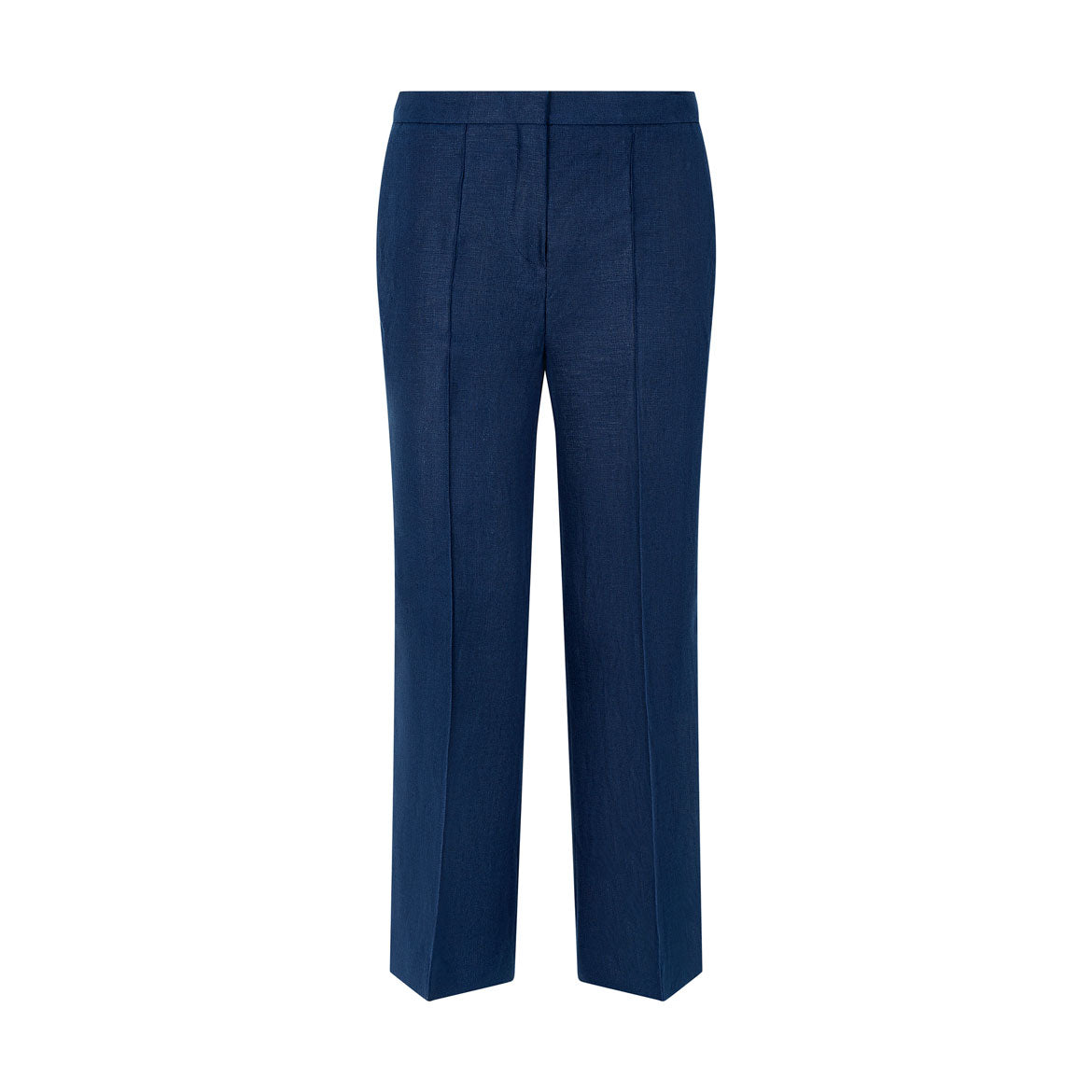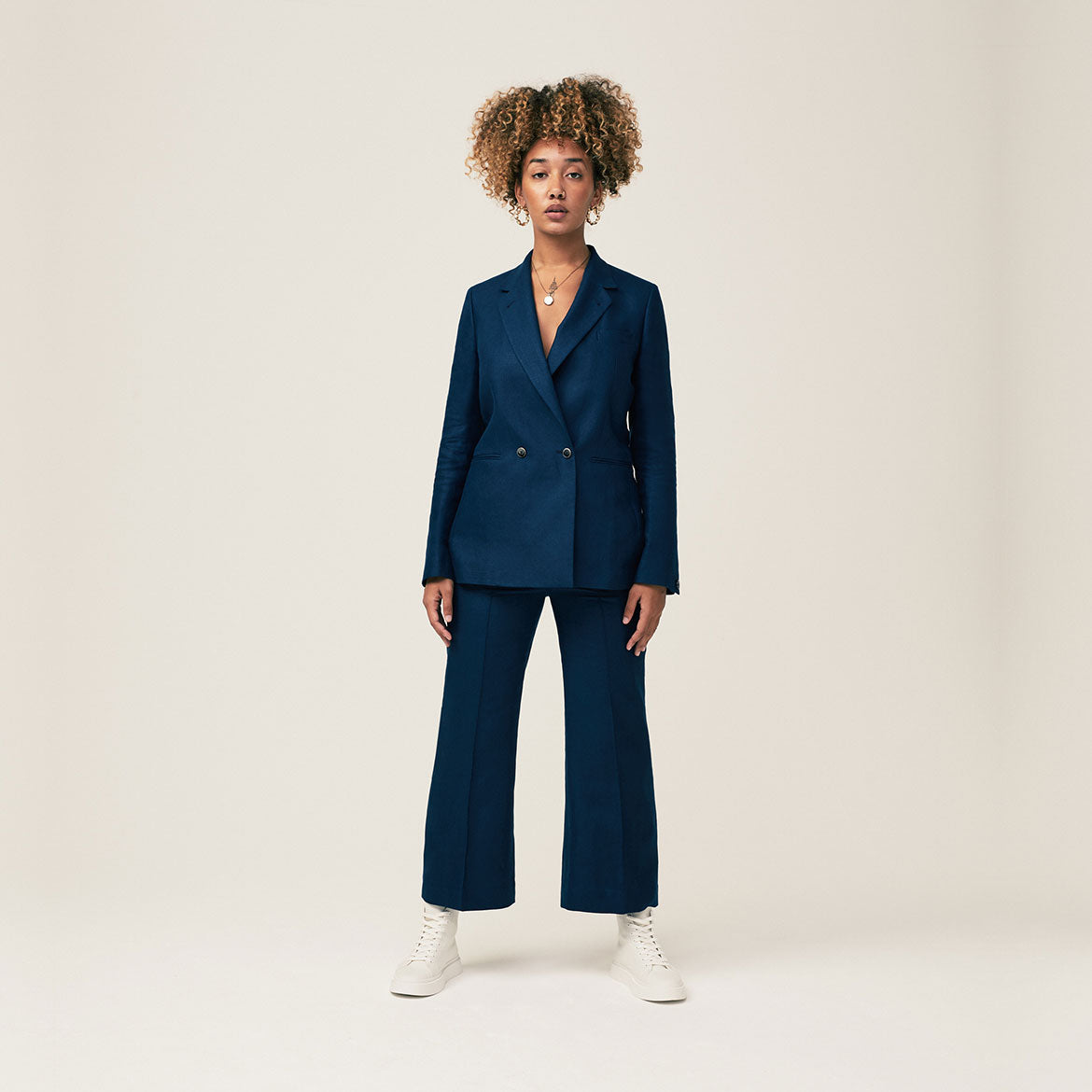




Canouan Linen Trouser
Studio Notes
The Canouan Trouser is perfect for warmer months and winter sun. Created using plain weave 228gsm pure linen, our trouser is hand cut and crafted by our atelier in Tuscany, Italy. Traditionally Coconut Residence, the Canouan trouser represents understated elegance by combining inherently bespoke qualities with relaxed structure and versatility, making this trouser a perfect piece for your wardrobe and suitcase. This trouser perfects office-to-off-duty outfitting, complemented by a quality crop top or t-shirt.
Pair with the matching style Canouan Linen Jacket.
Fits true to size, but recommend sizing up if in-between sizes.
Origin: Tuscany, Italy
Content: 100% Linen, Cupro lining
Choose options




